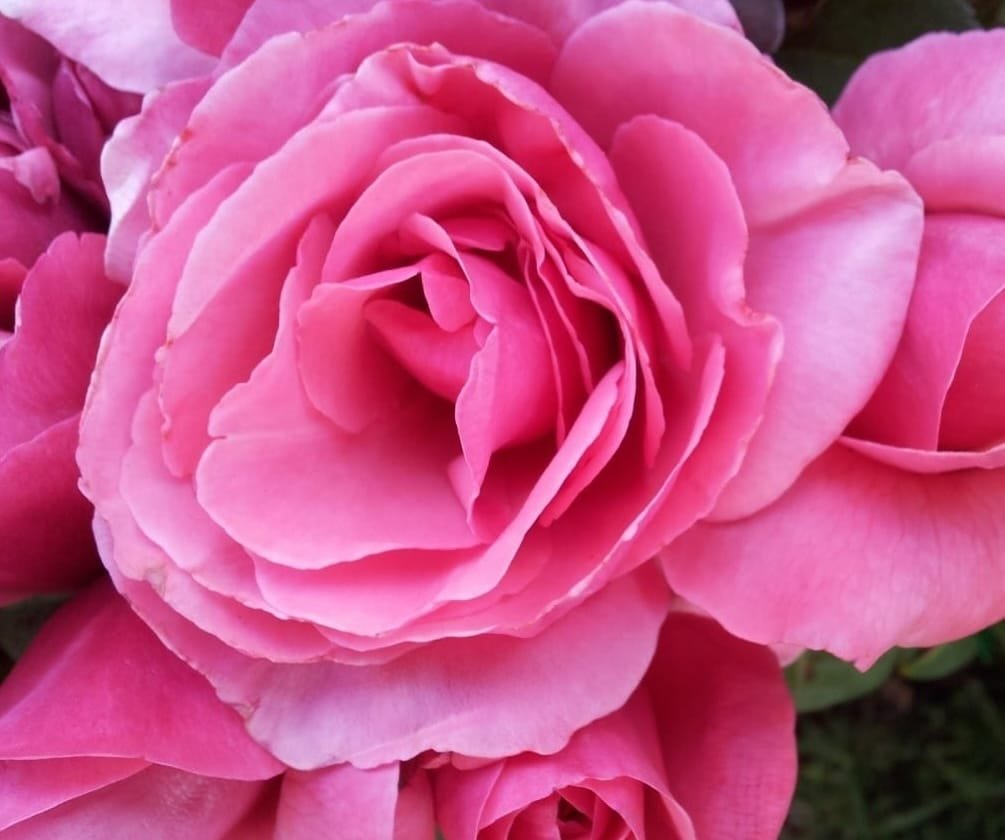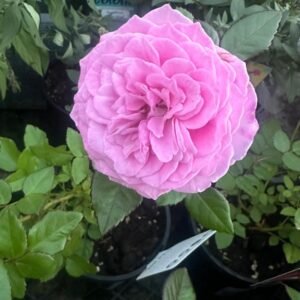‘Forget Me Not’ is a sentimental and beautiful floribunda rose, with a name that makes it a perfect tribute or memorial plant. It produces an abundance of small, semi-double, lavender-pink flowers that have a lovely, classic form. The blooms appear in large, continuous clusters throughout the growing season, giving the plant a soft, romantic look. This variety also has a pleasant, sweet fragrance. The plant has a tidy, bushy growth habit and healthy foliage, making it a reliable and easy-care option for any garden.
Usage This rose is a wonderful choice for gardeners who want a plant with a special meaning. It is ideal for planting in a memorial garden or as a tribute to a loved one. Its bushy and compact habit makes it a great choice for a low hedge, a border, or for mass planting to create a blanket of colour. It is also well-suited to pots and containers on a patio or balcony. The delicate blooms are lovely for cutting and adding to a small, sentimental vase.
Care Tips
- Sunlight: Plant in a position that receives full sun (at least six hours per day). This is essential for encouraging a profusion of blooms and maintaining a healthy plant.
- Soil: Prefers well-drained, fertile soil. Before planting, enrich the soil with organic matter like compost or well-rotted manure to improve its structure and fertility.
- Watering: Water deeply and regularly during its first year to help it establish. Once mature, it is quite hardy, but it will perform best with consistent moisture during hot, dry spells.
- Fertilising: A light application of a slow-release fertiliser in early spring is generally sufficient. Regular feeding with a liquid fertiliser during the growing season will encourage more frequent and abundant blooms.
- Pruning: Prune in late winter or early spring to shape the bush and remove any old or dead wood. Regular light trimming throughout the flowering season will encourage a continuous flush of new flowers and maintain the plant’s neat shape.
- Pests & Diseases: ‘Forget Me Not’ is known for its good health and disease resistance, but it’s still a good idea to monitor for common rose pests like aphids and diseases such as black spot and powdery mildew.








